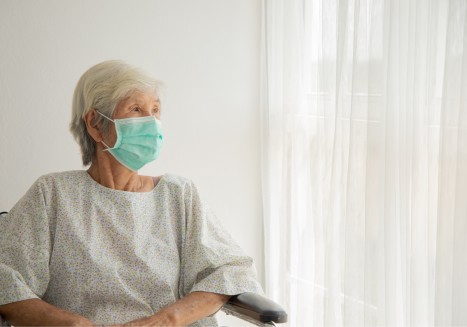3 Hidden Diseases of Elderly in Summer

High temperatures in the summer create a favorable environment for bacteria to thrive. This increases the risk of illness, particularly for seniors who have weaker immune systems. Here are three common and dangerous conditions seniors should be aware of.
1. Heat Stroke
Heat stroke occurs when the body's temperature-regulating system fails due to excessive heat exposure, causing the body's temperature to rise above 40°C (104°F). Seniors are at higher risk because their bodies can't cool down as effectively as younger people.
Warning Signs
- No sweating despite the heat; flushed and increasingly hot skin.
- Extreme thirst, headache, dizziness, nausea, rapid breathing.\
- Muscle cramps, seizures, confusion, dilated pupils, and loss of consciousness.


If these symptoms appear, immediate medical attention is crucial to prevent cardiac arrest and death.
Prevention
Seniors should avoid direct sunlight and outdoor activities. If they feel hot, they can use a damp towel to cool down and should drink plenty of water throughout the day.

2. Diarrhea
The heat can cause food to spoil more quickly, which promotes the growth of germs. Eating spoiled or unclean food can lead to diarrhea.
Prevention
Follow the "eat hot, use serving spoons, and wash hands" rule. Avoid leaving food out for long periods. If food is not finished, refrigerate it promptly and reheat it thoroughly before serving.

3. Sunburn and Rashes
Prolonged sun exposure without protection can cause seniors' skin to become sunburned, painful, and develop rashes.
Prevention
The best way to prevent this is to avoid long periods in the sun. If sun exposure is unavoidable, wear a hat and long sleeves, use an umbrella, apply sunscreen, and drink extra water to keep skin hydrated. If a rash or sunburn persists or worsens, consult a doctor.
During the summer, it's important to pay special attention to the health of seniors in your care. If they show any unusual symptoms, seek medical help immediately.






